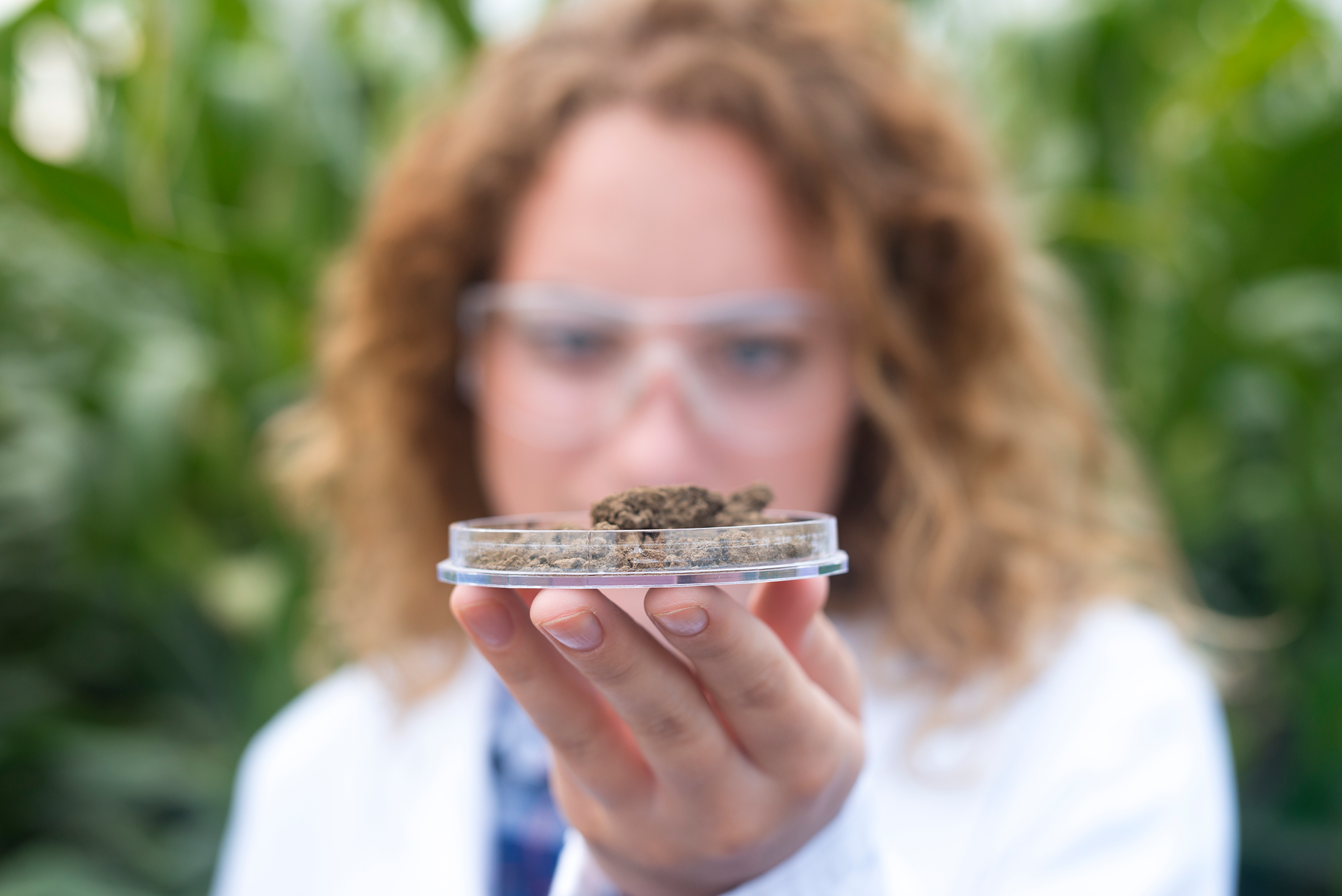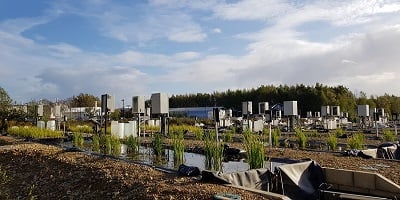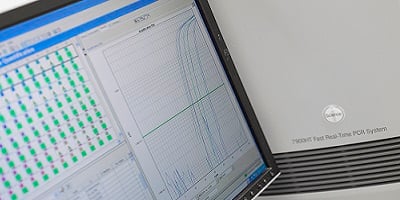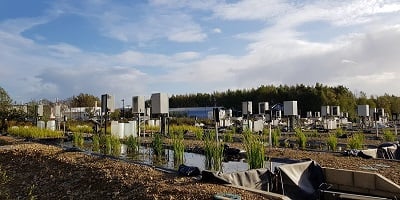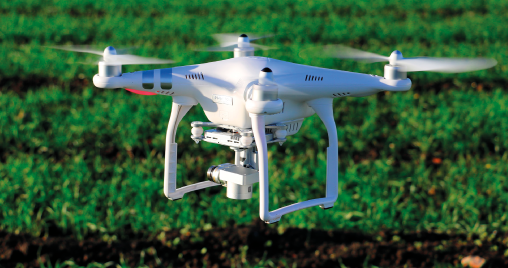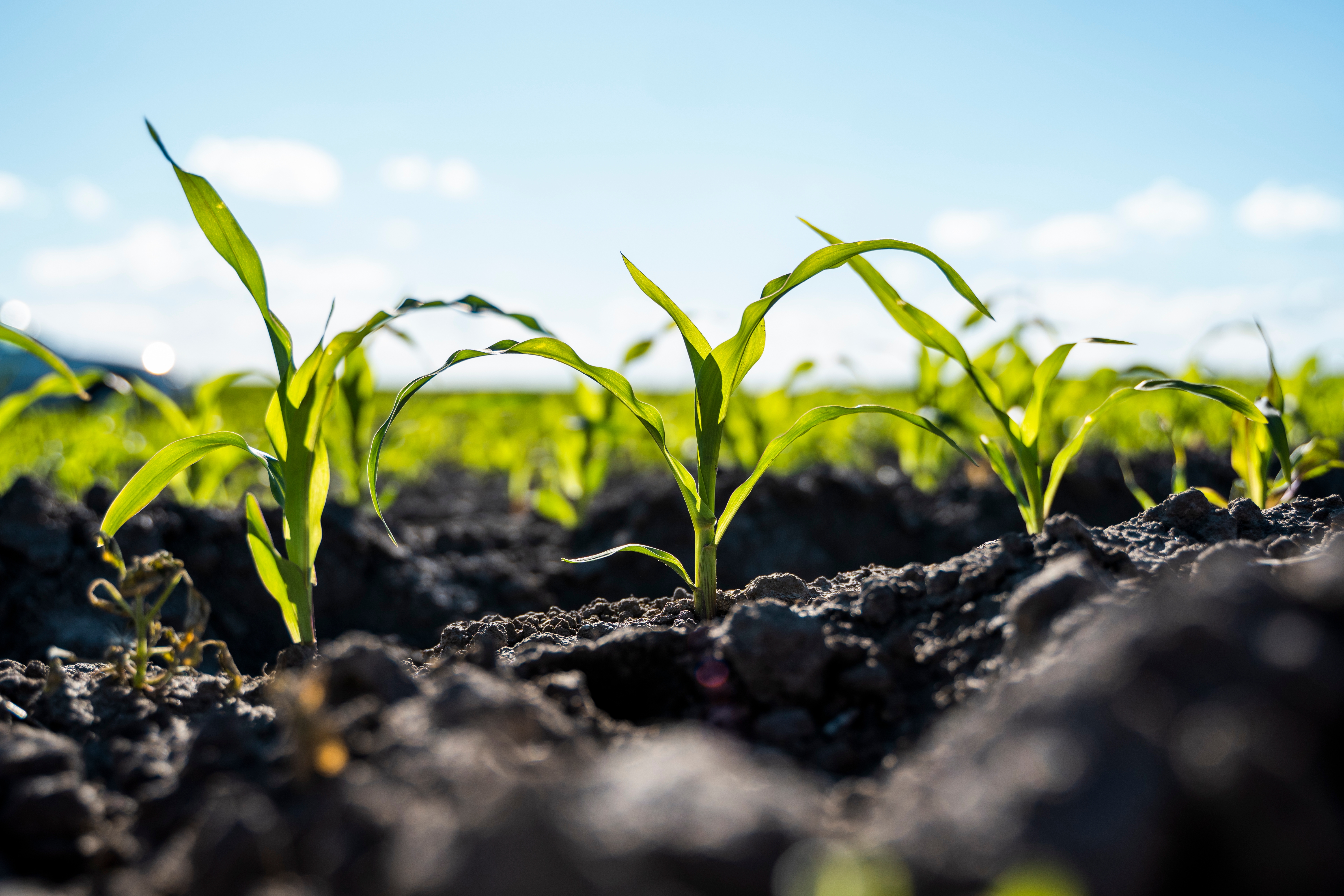Open innovation in the agri-food sector is vital to help protect our local and global supply chains against food security concerns, explains Wendy Martindale, growth director at Fera. Here, she shares more detail on the challenges and shocks facing UK food security, and how our collaborative research model, Enigma, is helping to improve supply chain resilience.
What are the causes of food security issues?
Brexit, the Covid-19 pandemic, and more latterly the Ukraine war, are current examples of events that have tested the resilience of our entire food supply chain, probably to a greater degree than anything we have seen for over a generation.
Generally, the supply chain has coped effectively with these threats to its sustainability so far. Our trade policy of supplementing domestic production with imports has contributed to our resilience.
But, as the December 2021 UK Food Security Report highlighted, an over-reliance on global trade can leave food supplies vulnerable to global logistical, political and production disruption.
How is the war in Ukraine affecting food security?
The start of the Ukraine war in early 2022 impacted sunflower oil, grain, and fertiliser exports, threatening global food chains. In the UK, this led to increased production and energy costs as well as broader supply challenges, which increased supply chain vulnerability.
These unpredictable, interconnected, and complex challenges have increased the focus on UK domestic food production. At the same time, government policy throughout the western world has been steering farmers towards more eco-friendly approaches as part of the goal to reach net zero and mitigate climate change.
Sustainable farming strategies are known to be inherently less intensive and, some may argue less productive. There are also new challenges created for our producers, not least with restrictions on some of the tools they have relied on for past generations.
Why is innovation so important for reducing food supply chain risks?
Finding the correct solutions to new challenges raised by the agri-food sector must be supported by industry wide, collaborative innovation and R&D. The loss of sector specific levy boards, restrictions on face-to-face meetings during the pandemic, and resource limitations within companies has made this even more necessary.
Finding ways of translating scientific innovation into practical implementation will be crucial to address shortfalls in agri-food research and is where movements, such as Enigma, Fera Science’s partner-led R&D model, will be critical in addressing exacting industry challenges.
Whatever model is used, research which bridges the innovation gap will be key to ensuring UK agriculture can continue to compete – ultimately protecting the stability and resilience of UK food security.
Learn more about Enigma, Fera’s strategic R&D model, and the benefits to project partners here.




